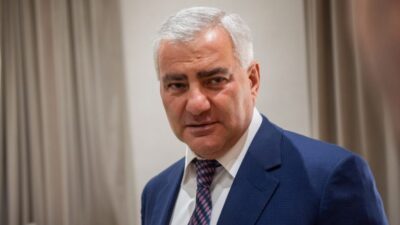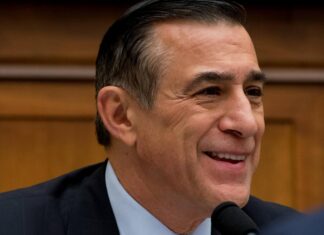By Edmond Y. Azadian
The Middle East and the Caucasus are in political flux; events are moving at a dizzying pace and those left behind these developments stand to be losers. Major powers certainly have their role in this calculated whirlwind, but regional powers are also in constant chase of events to use opportunities and not to be left out.
Recently a map was published in the New York Times whereby the remote strategic planners of the Middle East advocated further fragmentations of the region’s countries along ethnic and religious lines, arguing that the countries in question had come into being artificially after the collapse of the Ottoman Empire, mainly through the arbitrary decision of colonial powers.
If that logic were used universally, the maps of many countries need to be redrawn, beginning with the US. But the real purpose of this drive is to reduce the Middle Eastern countries to mini states to forestall the rise of any popular leaders like Mossadegh, Nasser, Saddam Hussein, Gaddafi and Assad, all of whom have caused or in Bashar al-Assad’s case are still causing major headaches to the world powers in their drive to emancipate and civilize their respective nations.
Partitioning plans aside, the indigenous peoples of the region have been seizing the opportunity to assert themselves and carve territories that are identified with their ethnic entitlement.
The most aggressive group is certainly the Kurdish people, who have been divided, subjugated, massacred, used and abused throughout history. They seem to be on the verge of having most of their dreams and aspirations come true, which have cost so much blood, tears and sweat.







